
Overview
CREOKS Behavioral Health Services is a mental health treatment center for people seeking treatment near Tulsa County. As part of their treatment modalities for recovery, CREOKS Behavioral Health Services provides couples/family therapy, group counseling, and cognitive behavioral therapy during treatment. CREOKS Behavioral Health Services is located in Tulsa, Oklahoma, accepting cash or self-payment for treatment.
CREOKS Behavioral Health Services at a Glance
Payment Options
- Cash or self-payment
- Medicaid
- State-financed health insurance plan other than Medicaid
- Community Mental Health Block Grants
- Sliding fee scale (fee is based on income and other factors)
Assessments
- Screening for tobacco use
- Comprehensive mental health assessment
- Comprehensive substance use assessment
Age Groups
- Young adults
- Children/adolescents
- Adults
- Seniors
Ancillary Services
- Intensive case management
- Case management service
- Chronic disease/illness management
- Court-ordered outpatient treatment
- Education services
Highlights About CREOKS Behavioral Health Services
6.74/10
With an overall rating of 6.74/10, this facility has following balanced range of services. Alcohol Rehabilitation: 8.00/10, Drug Rehab and Detox: 6.00/10, Insurance and Payments: 6.00/10, Treatment Options: 6.97/10.-
Alcohol Rehabilitation 8.00
-
Treatment Options 6.97
-
Drug Rehab and Detox 6.00
-
Insurance and Payments 6.00
Treatment At CREOKS Behavioral Health Services
Treatment Conditions
- Alcoholism
- Mental health treatment
- Substance use treatment
- Co-occurring Disorders
Care Levels
- Outpatient
Treatment Modalities
- Couples/family therapy
- Group counseling
- Cognitive behavioral therapy
- Dialectical behavior therapy
- Integrated Mental and Substance Use Disorder treatment
Ancillary Services
Languages
- Sign language services for the deaf and hard of hearing
- Spanish
Additional Services
- Pharmacotherapies administered during treatment
- Mentoring/peer support
- TB screening
Special Programs
- Clients with co-occurring mental and substance use disorders
- Veterans
- Members of military families
- Criminal justice (other than DUI/DWI)/Forensic clients
- Clients who have experienced trauma
Get Help Now
Common Questions About CREOKS Behavioral Health Services
Contact Information
Other Facilities in Tulsa

7.23

7.00
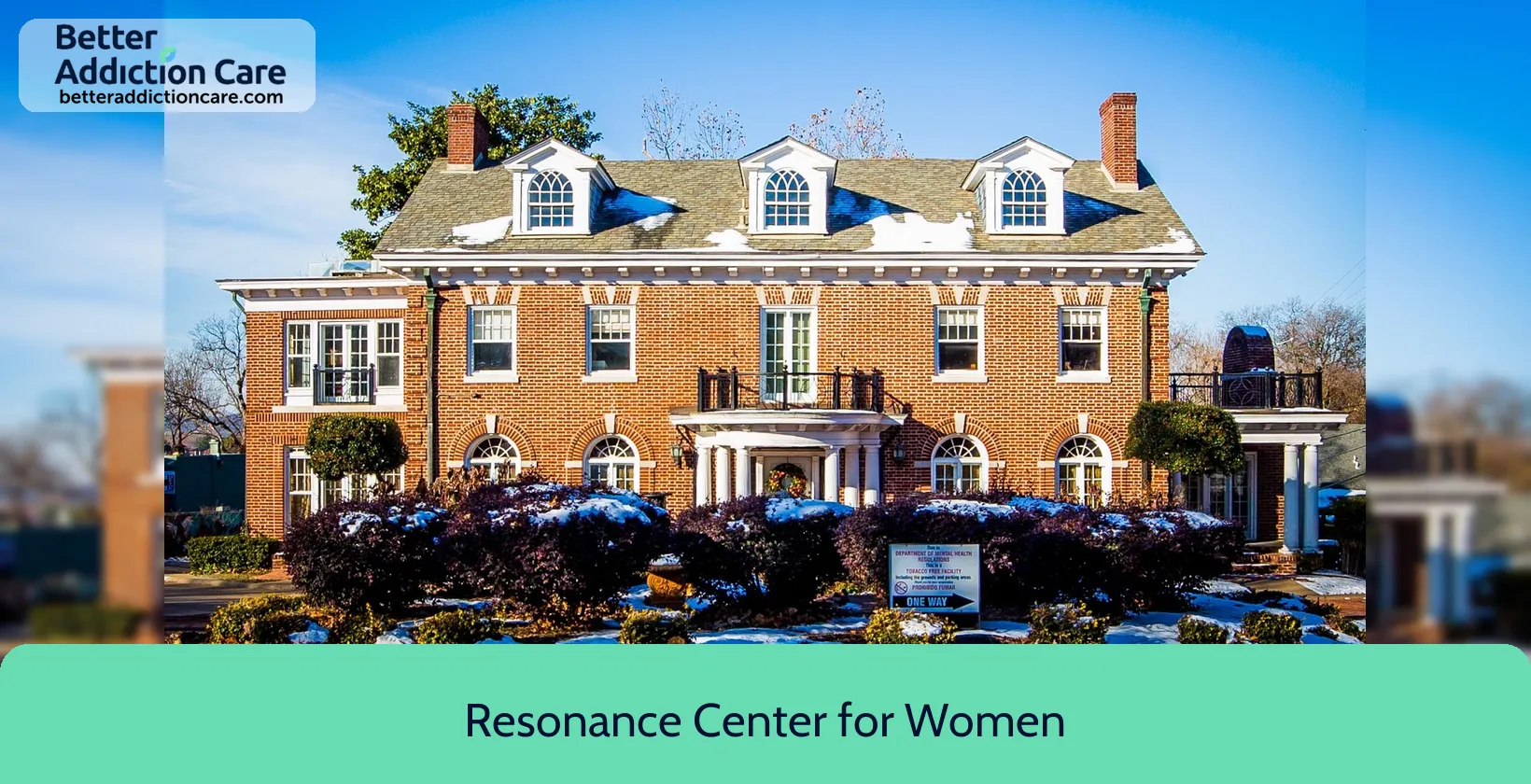
7.00
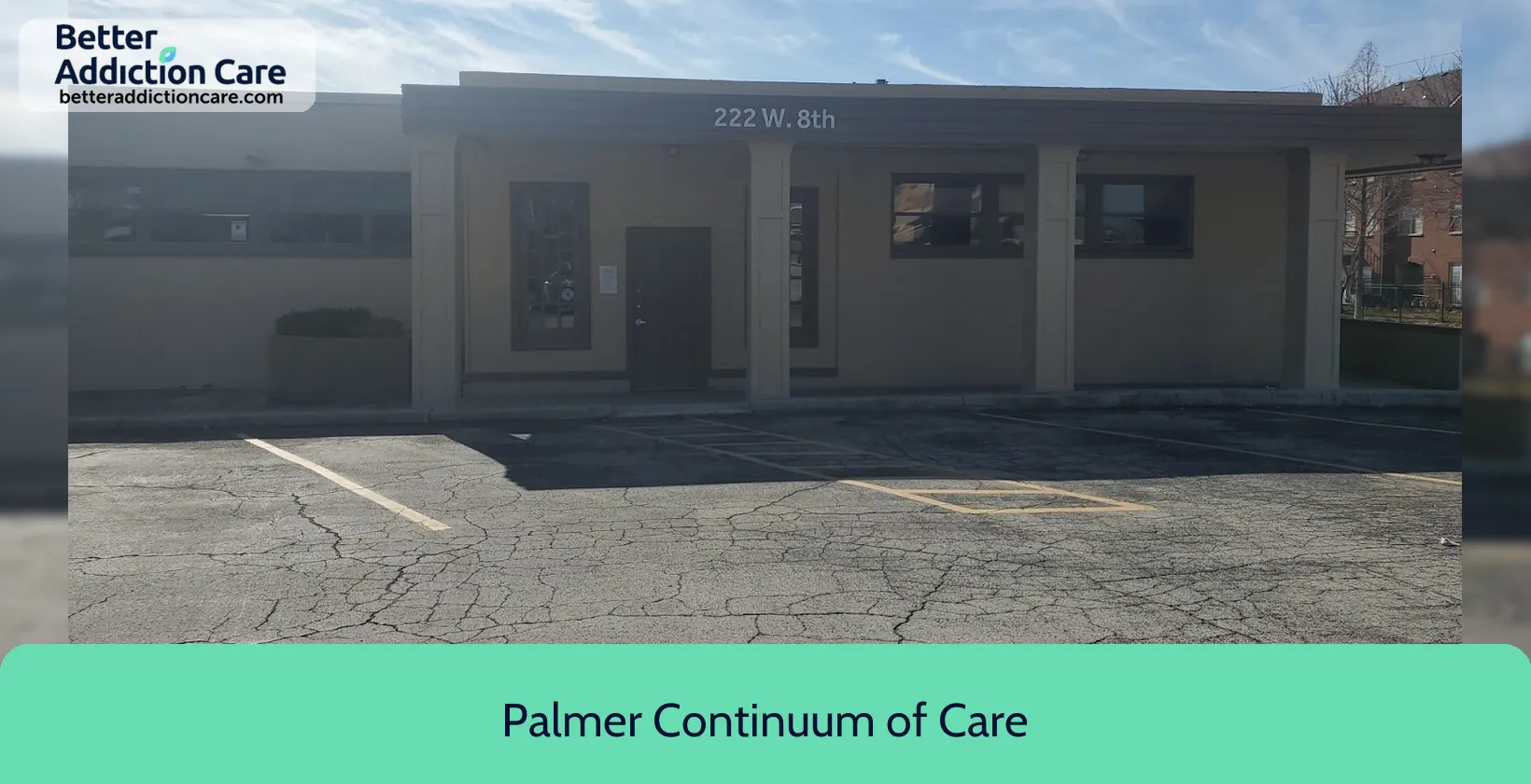
6.80

6.65
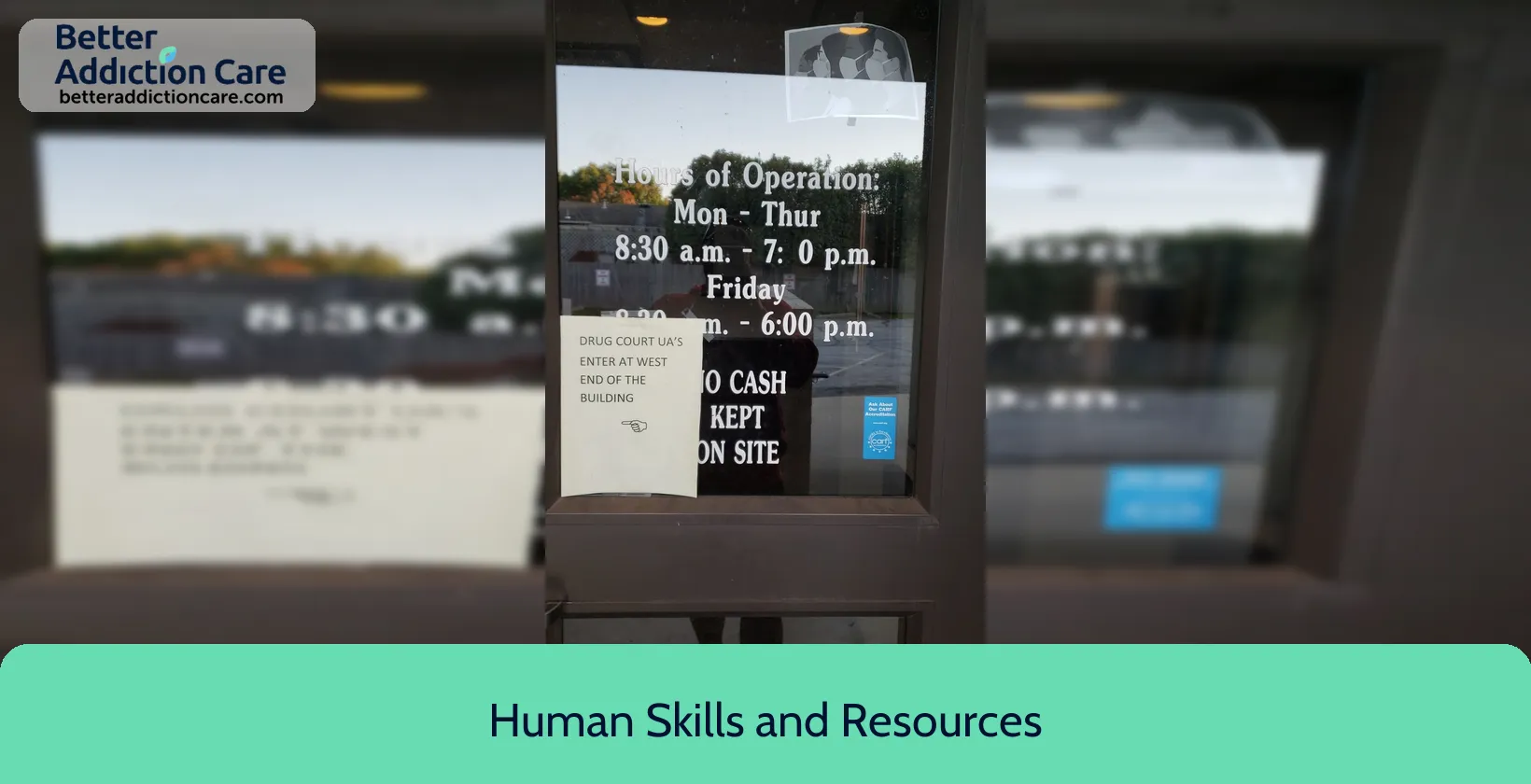
7.25
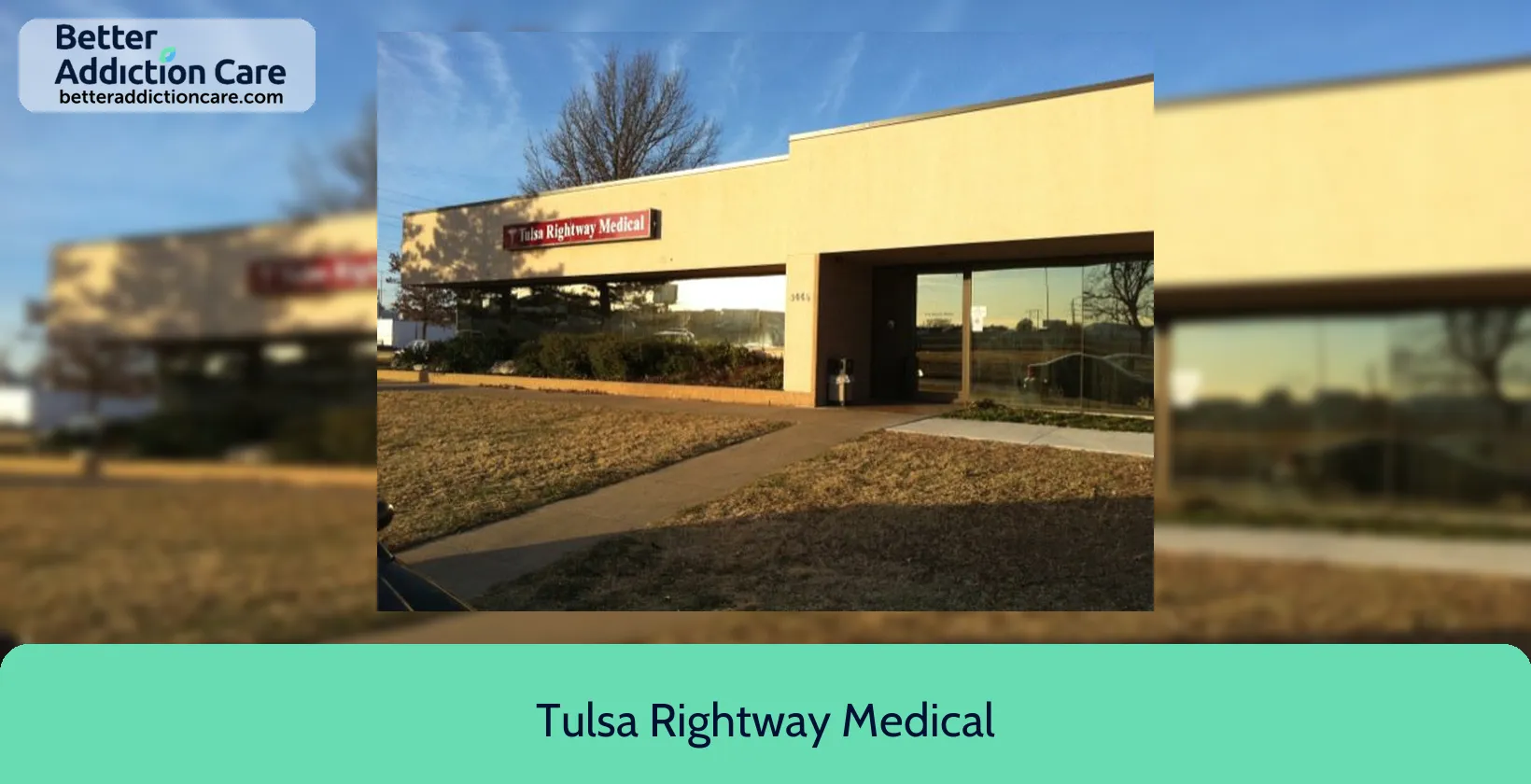
6.99
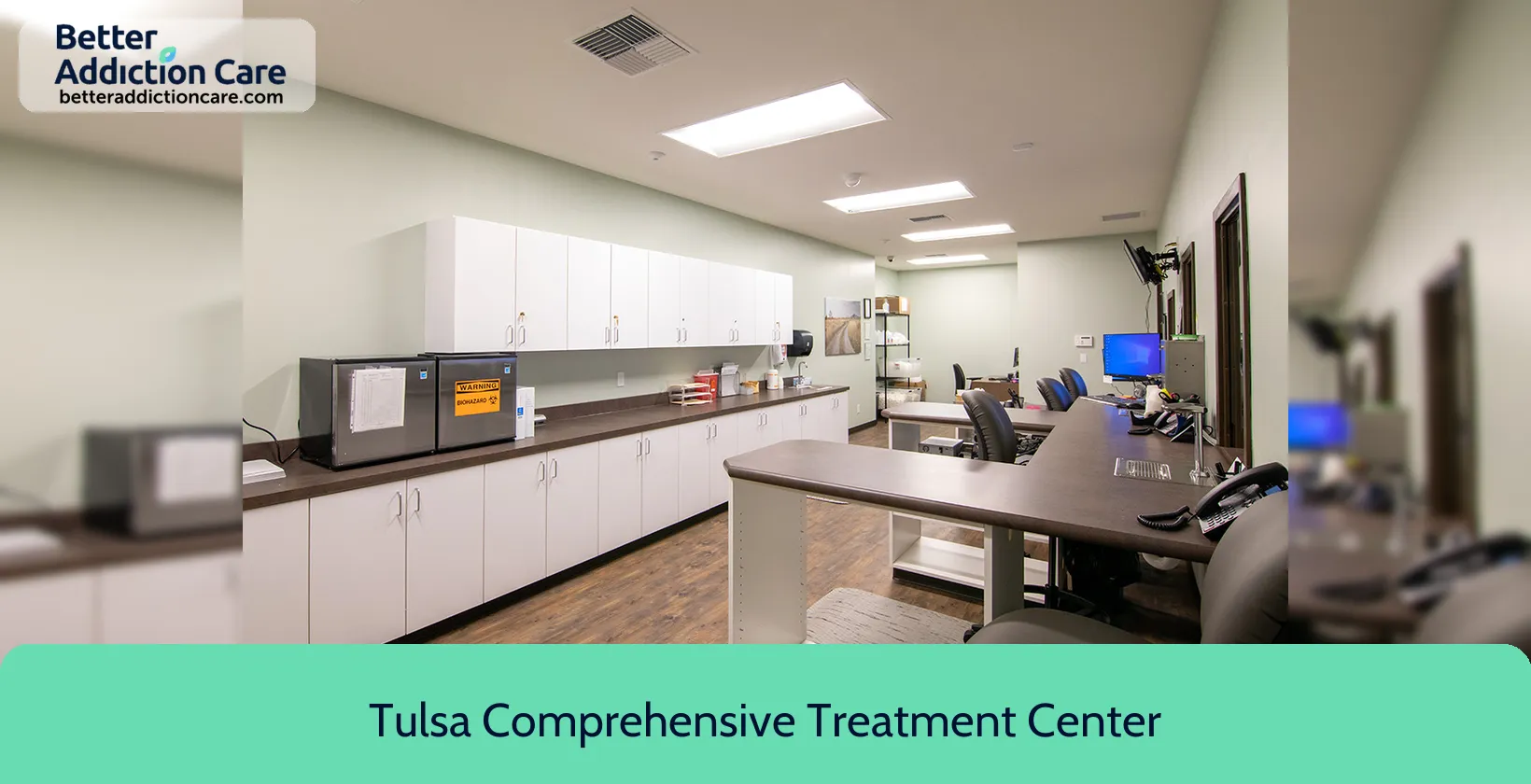
7.16
DISCLAIMER: The facility name, logo and brand are the property and registered trademarks of Tulsa Comprehensive Treatment Center, and are being used for identification and informational purposes only. Use of these names, logos and brands shall not imply endorsement. BetterAddictionCare.com is not affiliated with or sponsored by Tulsa Comprehensive Treatment Center.
